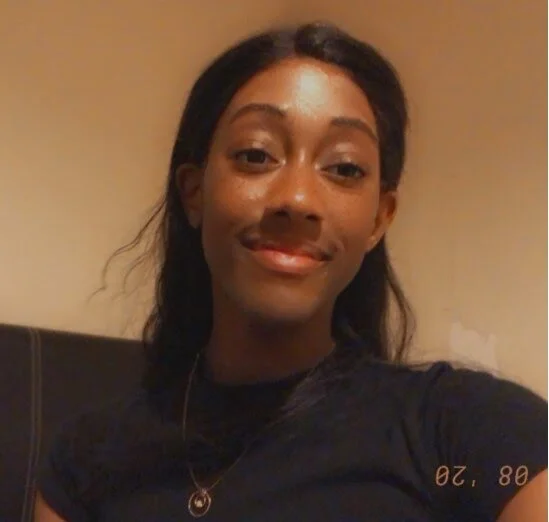In the spirit of LGBT+ month, many individuals and activist groups have banded together in solidarity to promote LGBT+ rights advancement. Across the world, but more specifically in Myanmar, queer democracy has experienced an upsurge. This change has come at the right time, with Myanmar still applying several archaic and anti-LGBT legislation, which hinders personality and expression, and segregates communities. This article will outline whether this newfound appreciation can lead to legislative change.
PROTESTS AND RALLIES
In January 2021, thousands of activists gathered in downtown Yangon to demonstrate their opposition to the ongoing military coup, which sought to topple State Counselor Aung San Suu Kyi on the premise that her election victory was fraudulent. Suu Kyi, a previously decorated leader and Nobel Peace Prize winner, was arrested and placed under house arrest.
Many countries, including the United States and the United Kingdom, have placed sanctions on Myanmar following the coup, as several human rights were violated by the military.
Despite the bleak situation Myanmar faces, the country has felt a sense of community harmony. Where previously marginalised groups felt “different and … easily targeted by the police,” they are now empowered to rally and express their opposition to the coup, and further demand democracy and appreciation of their rights. These rallies have become a form of freedom fighting.
Within these rallies, the presence of the LGBT+ community has grown significantly, with protestors applauding several drag queens and cross-dressers. This has begun to symbolise the first signs of “queer democracy”. This growing acceptance is incredibly important, as it could be the beginning of tackling the current Burmese legislation, which discriminatorily targets the LGBT+ community.
CURRENT LEGISLATION
Myanmar judicially still maintains colonial-era sodomy and anti-LGBT+ laws, which contributes to the overt and institutionalised discrimination oppressing the LGBT+ community. These laws are codified in the 1861 Burma Penal Code, where notably, section 337 outlines the criminalisation of same-sex sexual activity (regardless of whether these acts are consensual and private) and imposes a ten-year incarceration penalty. Section 337 thus prescribes overt forms of discrimination, which limits expression and imposes fears on the LGBT+ community. Overt limitations on expression are further experienced by the transgender community, who are prohibited from changing their registered sex. This prohibition will naturally limit the ability of individuals to demonstrate their personality freely.
However, Myanmar law further includes provisions that promote covert discrimination, most notably “shadow laws”. Section 35(c) of the Penal Code permits police officers to detain anyone who they consider to be “behaving suspiciously” after sunset. These laws have been used to target the LGBT+ community, with many transgender individuals reporting that they have been a victim to police harassment. In light of the above, the LGBT+ community are penalised in most aspects of daily living, something prohibited under the Universal Declaration of Human Rights (UDHR).
These laws in particular violate article 7 of the UDHR, which provides that “all are equal before the law and are entitled without any discrimination to equal protection of the law. All are entitled to equal protection against any discrimination in violation of this Declaration and against any incitement to such discrimination”. Article 7 can also be read in conjunction with article 29 which protects the right to the “free and full development of his personality” of all people. This right is intended to protect personal expression and enjoyment of life. These provisions are substantially hindered by Myanmar laws, which is disappointing as Myanmar remains a signatory to the UDHR. Nonetheless, the UDHR does not carry binding enforceability and consequently, reliance on these rights are limited and contingent on states ratifying the International Covenant on Civil and Political Rights (ICCPR), something Myanmar has not done.
Given these circumstances at the international level, the most practical hope for change lies in domestic restructuring and amendments. Despite this seeming bleak prospect, Myanmar has begun to demonstrate a change in narrative towards LGBT+ pride, which may mark the start of legislative and governance change.
POTENTIAL FOR CHANGE
Firstly, as hinted at previously, the general public of Myanmar are more accepting of changes in regards to equal treatment of the LGBT+ community. The NGO Colors Rainbow demonstrated that the general public is in favour of greater equality provisions and queer acceptance, with a “strong majority” of the public expressing opposition for the current criminalisation of same-sex relations.
Secondly, government officials seem to be loosening the penalisation of the LGBT+ community, with several pride events being authorised since 2012. The very first gay pride Myanmar event took place in 2012 to mark an International Day Against Homophobia, Biphobia, and Transphobia. The government in 2018 authorised Myanmar's first-ever public LGBT+ pride festival, which gained an audience of over 10,000 people.
These developments demonstrate the possibility for legislative change, however, the arrest and detention during the coup of State Counsellor Suu Kyi may have set back these positive developments. Suu Kyi was reportedly an avid supporter of LGBT rights and made an unofficial declaration to repeal s337 and reverse the national stigma against HIV. However, in her last regime, this never materialised. Suu Kyi’s arrest could therefore bode poorly for LGBT+ right improvement, with her goals and agenda being lost within the current discourse.
Despite the heightened uncertainty and fear felt in Myanmar, the community utilised this situation to draw together marginalised communities and create a community bounded in harmony. It can only be hoped that in the near future, the government can follow.
Mary is a Penultimate Year Law student at the University of Glasgow. She is interested in bringing awareness of human rights developments and current affairs. She has previously volunteered for Citizen’s Advice Bureau, the Black Protest Legal Support Organisation UK, as well as writing for her University’s Commercial Awareness Society. She aspire to pursue a career at the Human Rights Bar.

